
Patients with noncardioembolic ischemic stroke do not typically monitor post-stroke longterm to detect atrial fibrillation although findings from a trial follow-up suggest otherwise.

Patients with noncardioembolic ischemic stroke do not typically monitor post-stroke longterm to detect atrial fibrillation although findings from a trial follow-up suggest otherwise.

Nearly two-third of all participants with REM-sleep behavior disorder had mild cognitive impairment level 2 with multi-domain MCI, but particularly attention and memory deficits.

Catch up on any of the neurology news headlines you may have missed over the course of January 2023, compiled all into one place by the NeurologyLive® team.
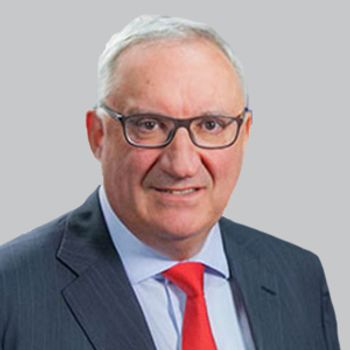
REACT randomly assigned 409 patients—treated with either microsurgical clipping or endovascular coiling aneurysm securing procedures—1:1 to placebo or clazosentan 15 mg/hr, for a 14-day treatment period.

The biosimilar form of natalizumab demonstrated similarities to the FDA-approved form in the primary efficacy end point of cumulative number of new active lesions over 24 weeks.

The medical director of stroke at Fairview Hospital, an affiliate of Cleveland Clinic, provided perspective on a new intervention that improves communication and reduces hospital readmission for stroke.

During a 12-week treatment period, investigators observed greater reduction in change from baseline in UPDRS score for those on electroacupuncture than just on PD medication alone.

The assistant professor of neurology at Yale School of Medicine spoke about the importance of the relaunch of the patient registry for research in myasthenia gravis. [WATCH TIME: 3 minutes]

The trial was originally placed on hold because of reported cases of drug-induced liver injury in patients who received the study drug, potentially caused by a preexisting factors related to hepatic dysfunction.
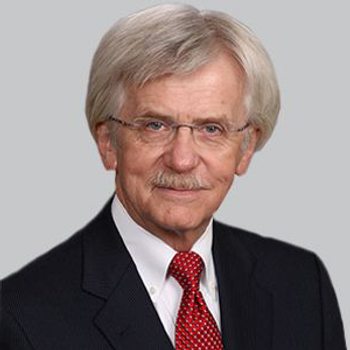
Factoring in the complex nature of the disease, a group of experts provided perspectives on how clinically meaningful benefit should be viewed, stressing the importance of early intervention.

Results from a recent study suggest that greater cumulative exposure to estrogen throughout a woman’s lifespan could increase her risk of stroke.
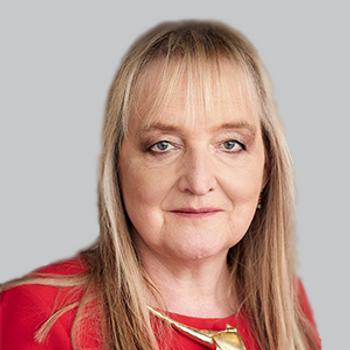
ABATE is an ongoing phase 1b/2 trial that assesses the safety, tolerability, immunogenicity, and pharmacodynamic effects of ACI-24.060 in individuals with prodromal Alzheimer disease with confirmed amyloid pathology on PET.
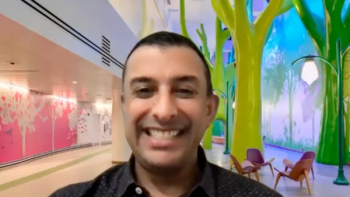
The pediatric neurologist at Nationwide Children's Hospital discussed the epilepsy research studies that he is excited about in 2023. [WATCH TIME: 4 minutes]

In PHOENIX, 664 participants with ALS will be randomly assigned 3:2 to either AMX0035 or placebo for 48-weeks, followed by an optional open-label extension that will continue to assess for efficacy and safety.

The chief training and education officer at the Parkinson’s Foundation detailed the challenges in disseminating educational materials to the clinical community that could have impacts on Parkinson disease care. [WATCH TIME: 5 minutes]

Here's some of what is coming soon to NeurologyLive® this week.
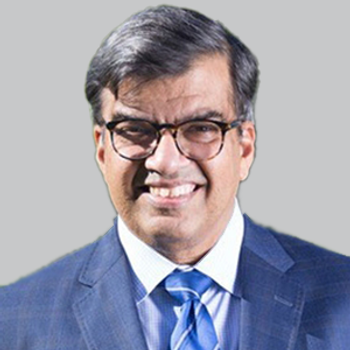
Descartes-08, an investigational autologous RNA-engineered chimeric antigen receptor T-cell therapy (rCAR-T) has been dosed with the first participant in phase 2b randomized controlled trial.

Test your neurology knowledge with NeurologyLive®'s weekly quiz series, featuring questions on a variety of clinical and historical neurology topics. This week's topic is epilepsy and seizure disorders.

A web-based survey of Korean neurologists interested in narcolepsy presented their concerns with using the multiple sleep latency test, noting that it may lead to ambiguous results due to accompanying sleep disorders like sleep apnea.
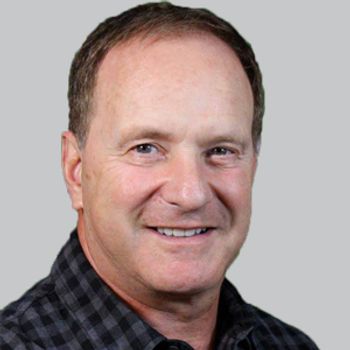
A single dose of ubrogepant at its highest FDA-approved strength of 60 mg once daily had no statistically significant effect on atogepant pharmacokinetics.
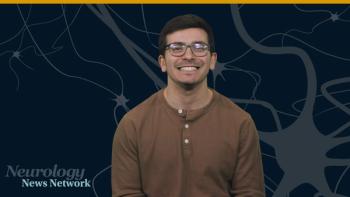
Neurology News Network for the week ending February 4, 2023. [WATCH TIME: 4 minutes]

The clinical psychologist from Ayer Neuroscience Institute at Hartford Healthcare Headache Center shared some highlights from her recently published survey study on migraine treatment during pregnancy.

The list of women's contributions to the field of medicine is a long one, encompassing the hard work of hundreds of individuals. To highlight some of these pioneers, NeurologyLive® has compiled a timeline of 10 of the moments that matter in the history of women in medicine.

Take 5 minutes to catch up on NeurologyLive®'s highlights from the week ending February 3, 2023.
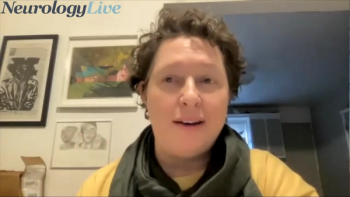
The chief training and education officer at the Parkinson’s Foundation discussed the importance of educating healthcare professionals on different specialists that play a role in Parkinson disease management. [WATCH TIME: 2 minutes]
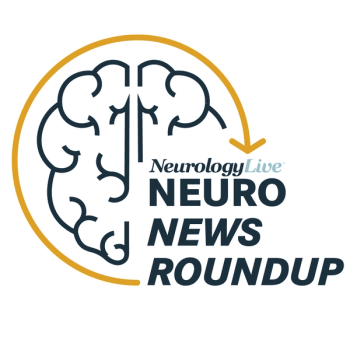
In celebration of Women’s Physician Day, held February 3, 2022, take a look back at some of the latest conversations and news that were driven and delivered by women in neurology.
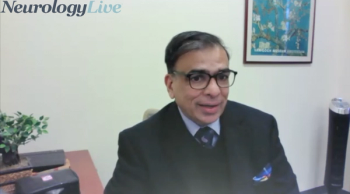
The director of the Montefiore Einstein Center for the Aging Brain provided insight on expanding the use of the 5-Cog tool, and whether it can be used for other conditions like HIV or COVID-19. [WATCH TIME: 3 minutes]

Treatment with deep brain stimulation resulted in improvements in mean motor scores, reductions levodopa equivalent dosage, and a decrease in neuropsychiatric features.

Majority of women’s healthcare providers reported in a survey feeling either somewhat or very comfortable with recommending or continuing acute treatments for pregnant patients with migraine.

Recruitment has begun for REGENXBIO's AFFINITY BEYOND clinical trial assessing the prevalence of AAV8 antibodies in male patients with Duchenne muscular dystrophy.